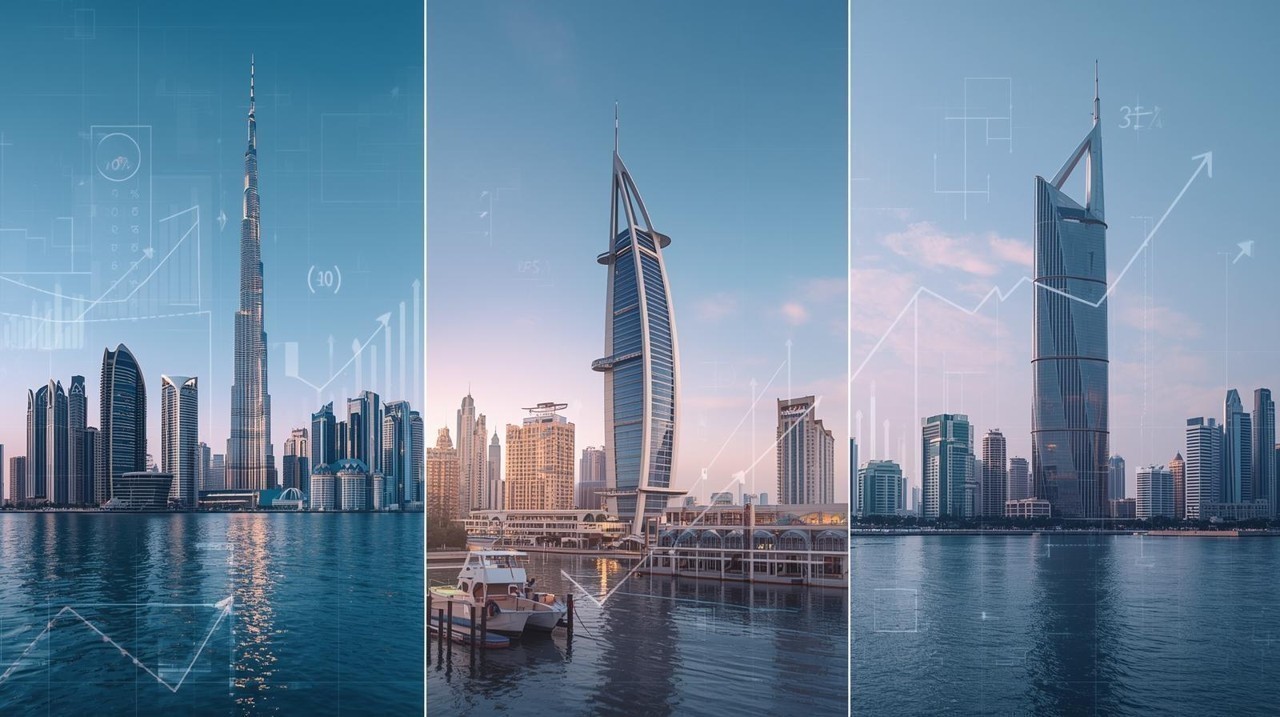
Post by : Soumya Jit
Real estate investors across the Middle East often face one critical question: which city offers the strongest return on investment (ROI)—Dubai, Riyadh, or Doha? Each of these Gulf capitals has its own growth trajectory, demand drivers, and risk profile. While Dubai has long been seen as the region’s investment hub, Riyadh and Doha are quickly catching up, backed by government initiatives, population growth, and infrastructure spending.
In 2025, the competition among these cities is more intense than ever. This detailed analysis explores rental yields, capital appreciation potential, total ROI factors, risks, and investor takeaways for each city.
Dubai: Average rental yields for residential properties hover between 6–7%, with smaller units like studios and one-bedroom apartments delivering higher yields of around 7–9%. Luxury villas and waterfront properties produce lower yields but stronger long-term capital appreciation.
Riyadh: Yields are among the highest in the Gulf, averaging 7–9% depending on property type and location. A shortage of affordable rental units, rising demand, and Saudi Arabia’s Vision 2030 projects have pushed returns upward.
Doha: Rental yields are slightly more conservative, averaging 4–6%, though certain mid-market apartments close to business hubs can achieve around 6–7%. While lower than Dubai and Riyadh, Doha is considered more stable and less volatile.
Dubai attracts millions of expatriates, entrepreneurs, and tourists each year. The city has a broad tenant base ranging from short-term corporate leases to long-term family rentals. This diversity supports high occupancy levels and relatively strong yields, though oversupply in certain districts can occasionally pressure rents.
Riyadh’s higher yields are driven by local demand. A rapidly growing population, combined with government-led mega projects, has fueled strong housing needs. Unlike Dubai, which relies heavily on expat demand, Riyadh’s market is rooted in domestic fundamentals, giving it resilience.
Doha, by contrast, has a smaller but stable demand base. The city relies on energy sector employees, professionals, and expatriates tied to long-term contracts. While this limits rapid yield growth, it provides predictable income and less volatility compared to markets like Dubai.
Rental yield alone doesn’t tell the full story. Capital appreciation, or how much property values rise over time, is equally important.
Dubai: Property prices in prime areas such as Downtown Dubai, Palm Jumeirah, and Dubai Marina have seen steady appreciation over the last few years. Off-plan projects in suburban areas like Dubailand and Jumeirah Village Circle are attracting investors who prioritize long-term value growth at more affordable entry points.
Riyadh: The Saudi capital is undergoing one of the most ambitious transformations under Vision 2030. Infrastructure projects, economic diversification, and a rising middle class are all driving property values upward. New masterplans and residential developments around business districts are expected to see the strongest growth.
Doha: While price growth is slower, it is consistent. The city’s developments like The Pearl and Lusail continue to attract foreign buyers. Appreciation is generally more modest compared to Dubai and Riyadh, but the stability appeals to conservative investors.
To calculate ROI realistically, investors need to combine rental yields with potential capital appreciation.
Dubai: Investors can expect a balanced ROI profile. Properties yielding around 6–7% combined with annual price growth of 5–8% in the right locations can provide total returns exceeding 11–14% before expenses.
Riyadh: With yields often around 8–9% and price growth projected at 3–7%, investors could see total returns of 11–16%, making it a yield-heavy play with growth potential.
Doha: More stable but modest. Yields of 4–6% combined with price growth of 1–4% lead to total returns of 5–10%. Doha suits investors seeking security and steady income rather than aggressive returns.
Taxes, transaction costs, and service charges can significantly influence net ROI.
Dubai: No property tax or personal income tax, but buyers face a one-time land department fee, registration charges, and annual service fees. Service charges vary depending on the community and can impact net returns.
Riyadh: Saudi Arabia has recently introduced reforms that make property ownership easier for foreigners. However, investors must account for fees and local regulations, which can vary. Mortgage terms and financing costs are also critical to ROI.
Doha: Similar to Dubai, there is no property tax. However, service charges, transaction fees, and ownership restrictions in certain areas apply. Buyers should focus on freehold zones designated for expatriate ownership.
Dubai benefits from a wide tenant mix: young professionals, families, corporations, and tourists. This reduces vacancy risks, though oversupply in some neighborhoods can depress occupancy and rental rates temporarily.
Riyadh has strong domestic demand, meaning its market is less exposed to international shocks. Vacancy risks are tied more to local economic cycles than to tourism or expat turnover.
Doha depends heavily on expatriates tied to long-term corporate contracts, particularly in the energy and infrastructure sectors. Vacancy risks are relatively low but could rise if demand in these industries weakens.
Liquidity refers to how easily you can resell a property if you need to exit.
Dubai: Highly liquid, with a mature resale market and strong international interest. Properties can usually be sold relatively quickly compared to other Gulf markets.
Riyadh: Liquidity is improving as more investors enter the market, but it is still primarily driven by local buyers. Large projects may take longer to find buyers on resale.
Doha: The resale market is smaller and less liquid compared to Dubai, but prime properties in high-demand areas generally resell steadily.
Dubai: While offering strong returns, the market is cyclical and can be influenced by oversupply. Investors should be selective about location and developer credibility.
Riyadh: High yields come with higher exposure to policy shifts and regulatory changes. Government support is strong, but investors must remain attentive to reforms.
Doha: Lower volatility and slower growth make it less risky. However, dependence on the energy sector can influence housing demand in the long run.
Yield-focused investors: Riyadh offers some of the highest gross rental yields in the Gulf, making it attractive for income-driven buyers.
Balanced investors: Dubai provides a strong mix of yield and capital appreciation, along with international liquidity and a wide range of property options.
Stability-driven investors: Doha is ideal for those who want steady, reliable returns with less exposure to market cycles.
Compare yields realistically: Always account for vacancy, service charges, and maintenance costs.
Check ownership rules: Freehold and leasehold regulations vary across the UAE, Saudi Arabia, and Qatar.
Research developers: Ensure credibility, especially for off-plan purchases.
Model exit strategy: Dubai offers high liquidity, while Riyadh and Doha may require longer holding periods.
Align with goals: Decide if you are seeking income, growth, or stability before selecting the market.
Dubai, Riyadh, and Doha each present unique opportunities for property investors in 2025. Dubai stands out for its balance of strong yields, capital appreciation, and international liquidity. Riyadh leads in headline rental yields, appealing to income-focused investors willing to accept some regulatory and market-transition risks. Doha offers steady, stable returns, perfect for those seeking long-term preservation of capital.
Ultimately, the best choice depends on your risk tolerance, investment goals, and holding strategy.
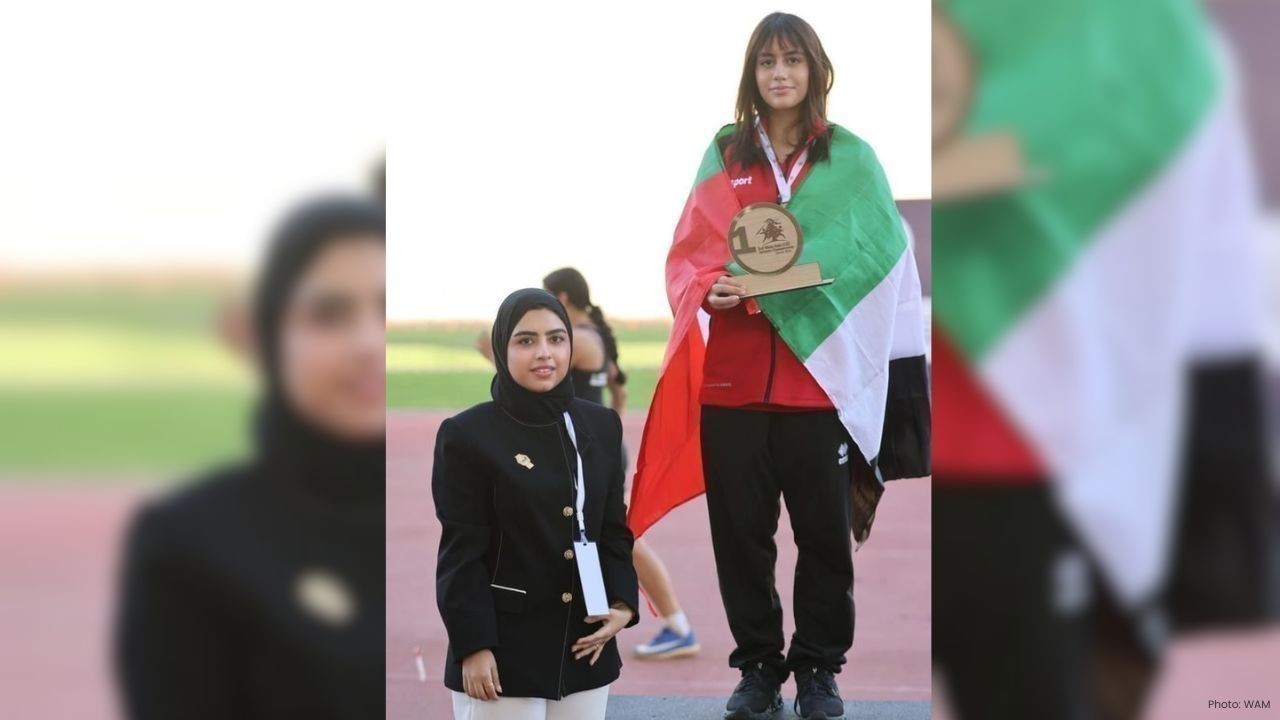
UAE Stars Shine with 2 Golds and Silver at West Asia U20 Athletics
UAE athletes secure 2 golds and a silver at West Asia U20 Athletics Championship, setting national r

FBI Trainee Fired Over Pride Flag Sparks Controversy
FBI trainee dismissed for displaying Pride flag at desk raises debate on bureau policies, political
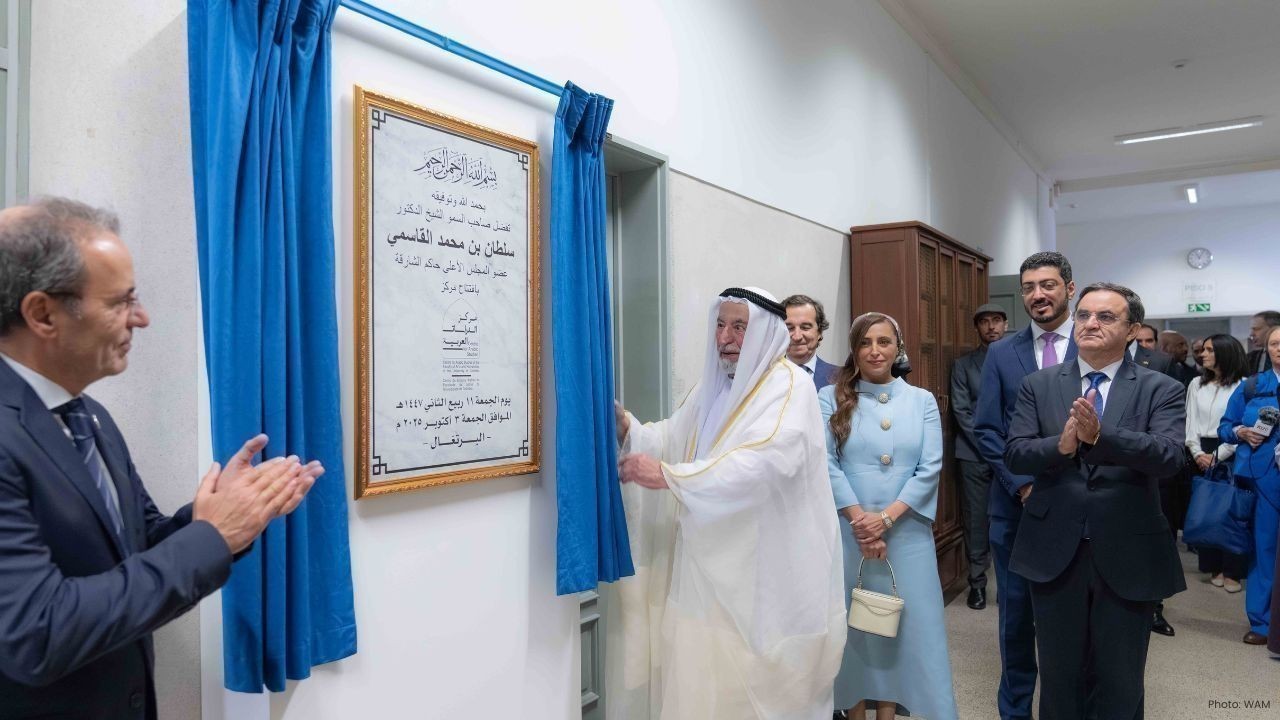
Sharjah Ruler Opens First Arabic Studies Centre in Portugal
Sheikh Sultan bin Mohammed Al Qasimi inaugurated Portugal’s first Arabic Studies Centre, promoting A
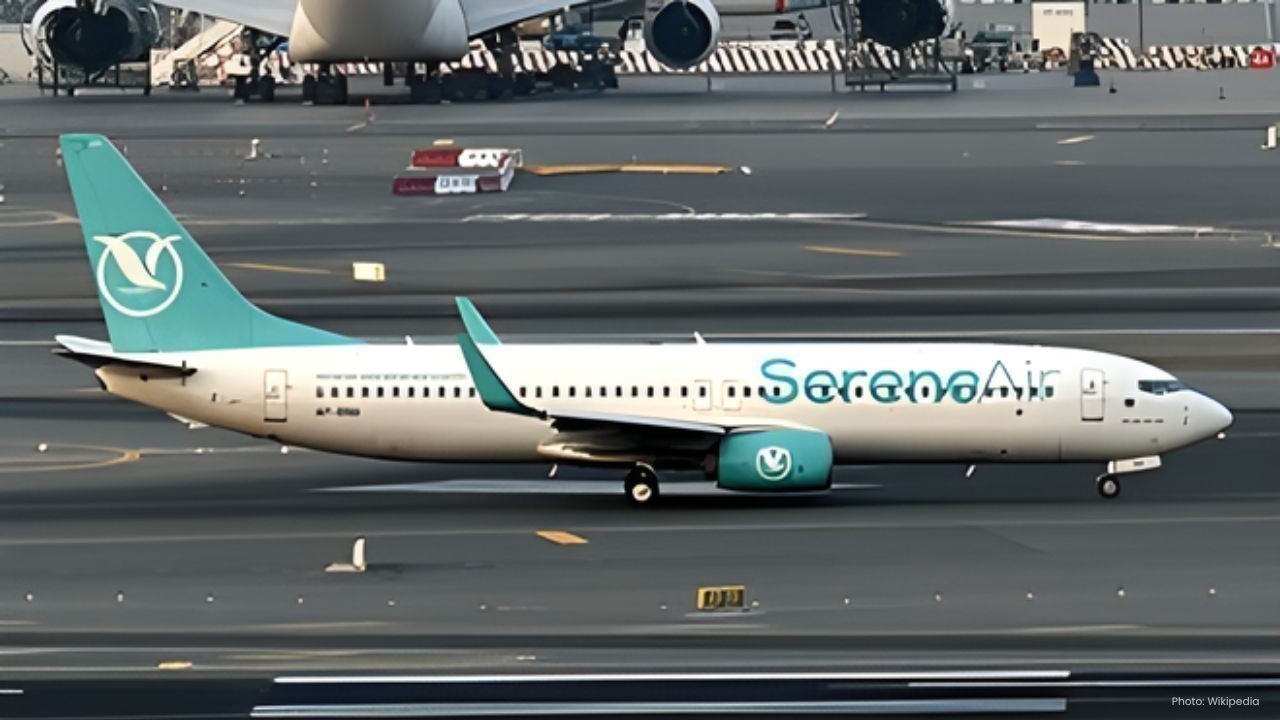
Serene Air Grounded: PCAA Suspends Airline Over Zero Fleet
Pakistan’s Serene Air halts all flights after PCAA suspends its license due to no serviceable aircra
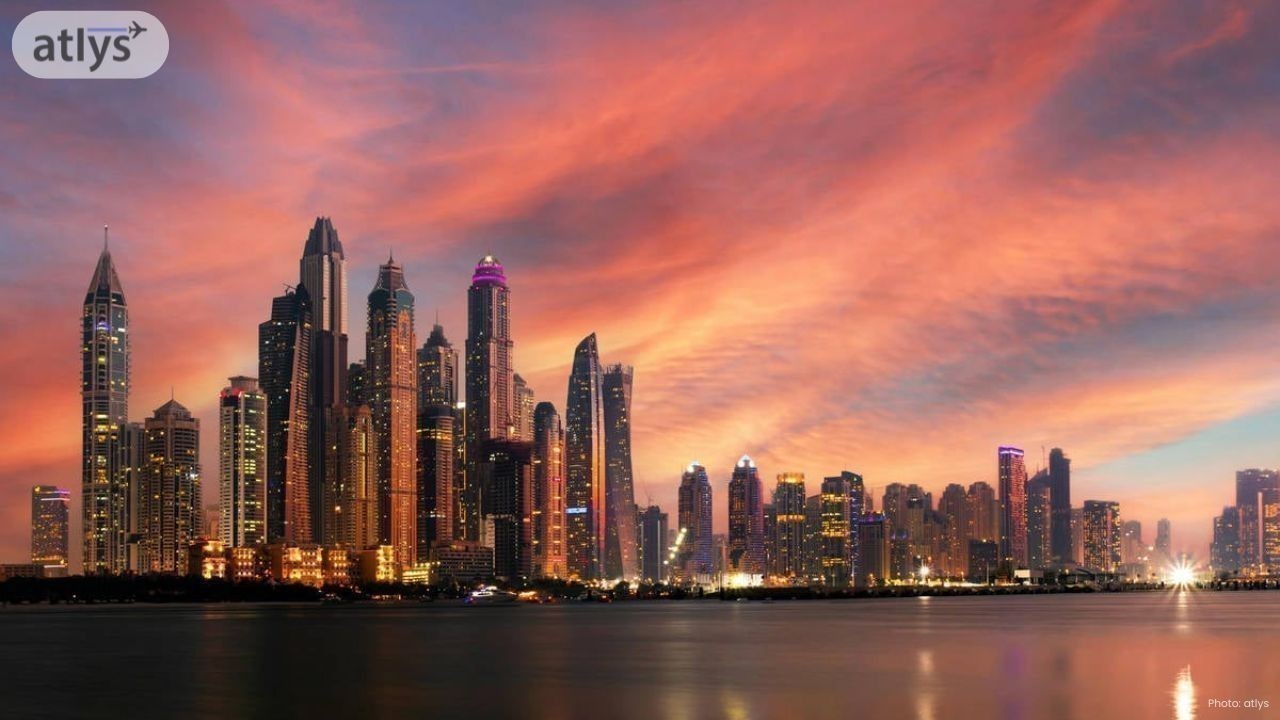
Atlys Offers UAE Travellers a seamless US Tourist Visa Application Experience
Atlys streamlines US visa applications for UAE residents, offering faster appointment access, AI-pow
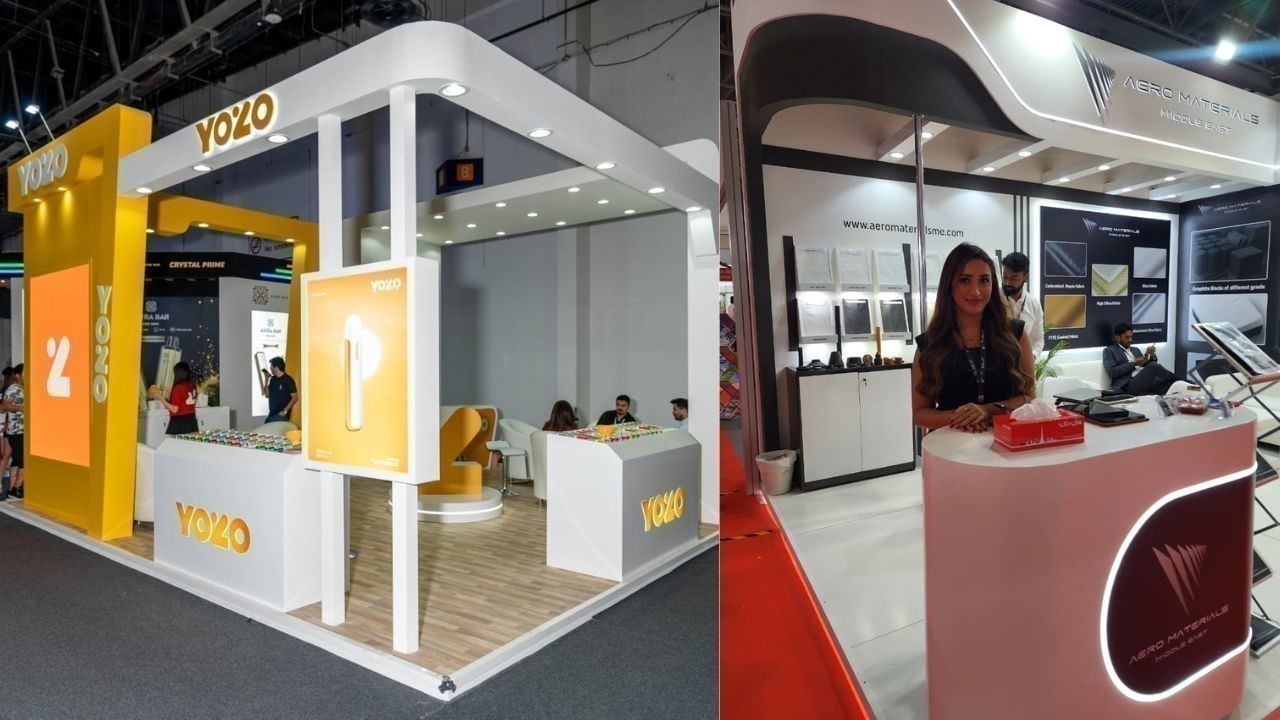
The Mining Show Dubai 2025 | 17–18 Nov – Full Exhibitor Support: Hostesses, Stand Design & Videography
Showcase your brand at Mining Show 2025, Dubai. Gravity Events offers end-to-end exhibition solution
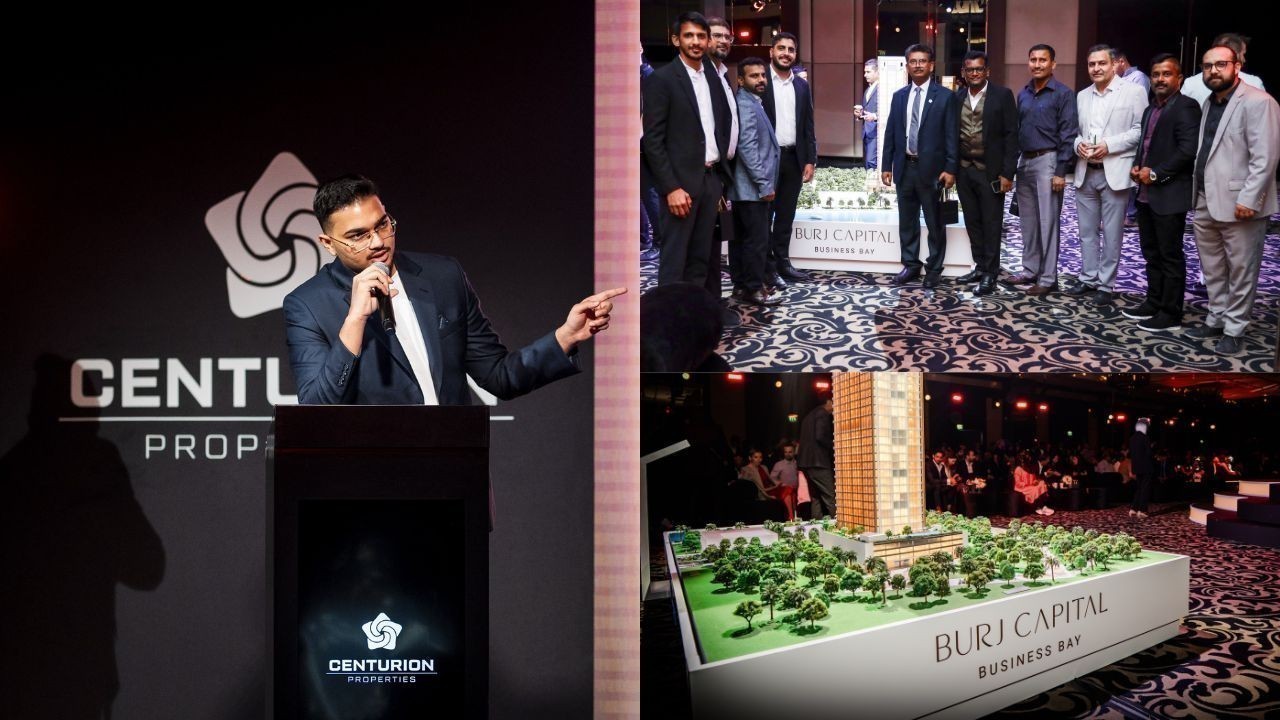
Centurion Properties Celebrates Grand Launch of Burj Capital Phase 2 in Dubai
Centurion Properties launches Burj Capital Phase 2, a landmark commercial tower in Business Bay blen

Effective Ways to Reduce Joint Pain and Stiffness This Winter
Learn simple ways to reduce joint pain and stiffness this winter with warmth exercises diet tips and

Facial Sculpting and Non Invasive Techniques Safe Beauty Trends for the Future
Explore facial sculpting and non invasive techniques shaping beauty care Safe affordable and natural
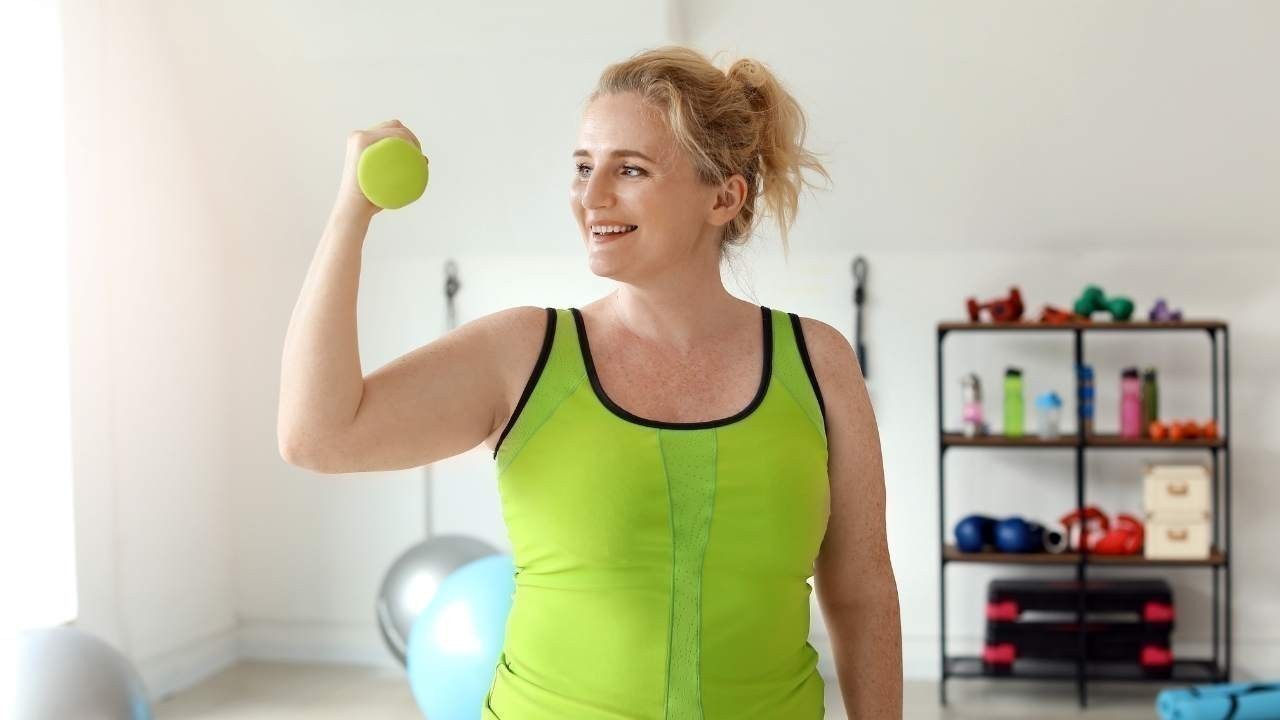
Body Positivity Embracing Self Love Confidence & True Beauty
Celebrate body positivity embrace self love reject false beauty ideals and discover confidence at ev

Skin Microbiome Secrets to Healthy and Balanced Skin
Explore the skin microbiome its role in skin health and simple ways to keep your skin balanced healt
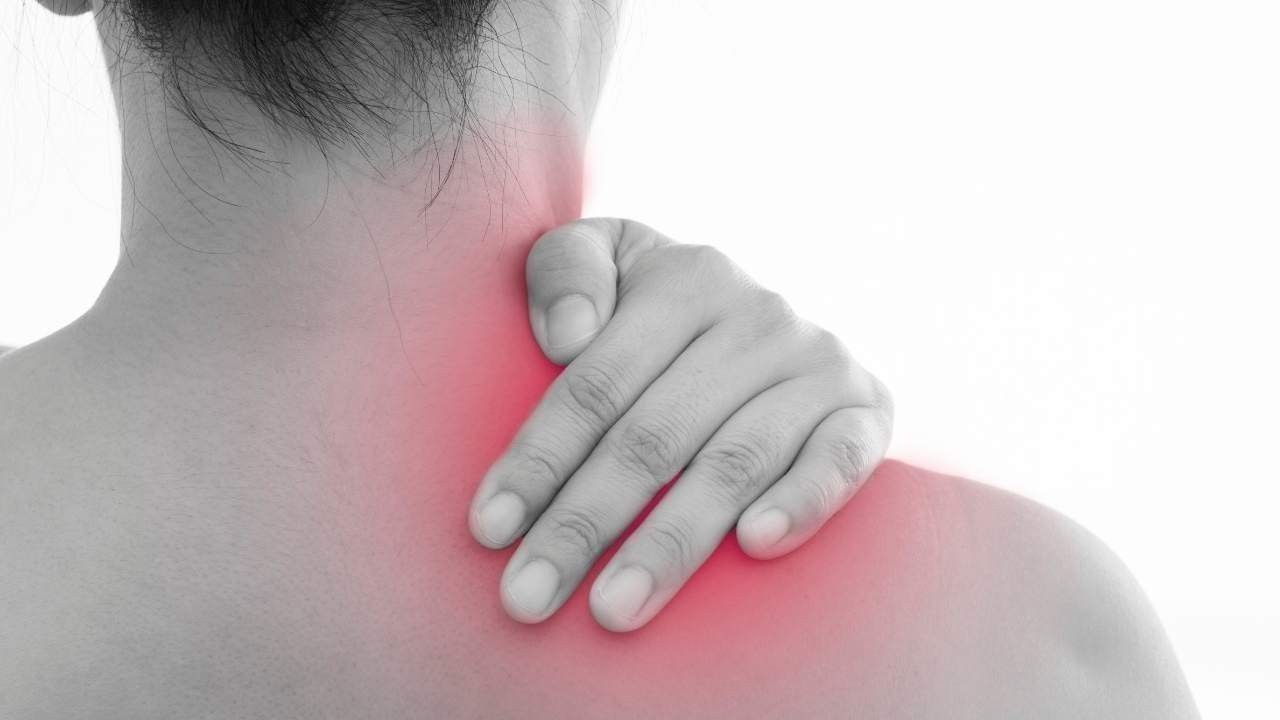
Sarcopenia How Aging Steals Muscle and Ways to Stay Strong
Discover sarcopenia the silent muscle loss with age its signs causes and simple ways to stay strong

Cultural Appropriation vs Appreciation Respecting Global Traditions
Learn the difference between cultural appropriation and appreciation to respect traditions and celeb

Uniform and Rebellion How Personal Identity Thrives Within Rules
Explore how uniforms shape identity and spark subtle rebellion blending conformity with personal exp

The Unseen Labor Behind Fashion Inside the Secret Stitch
Discover the hidden world of fashion labor and the secret stitch behind every garment Honor the hand